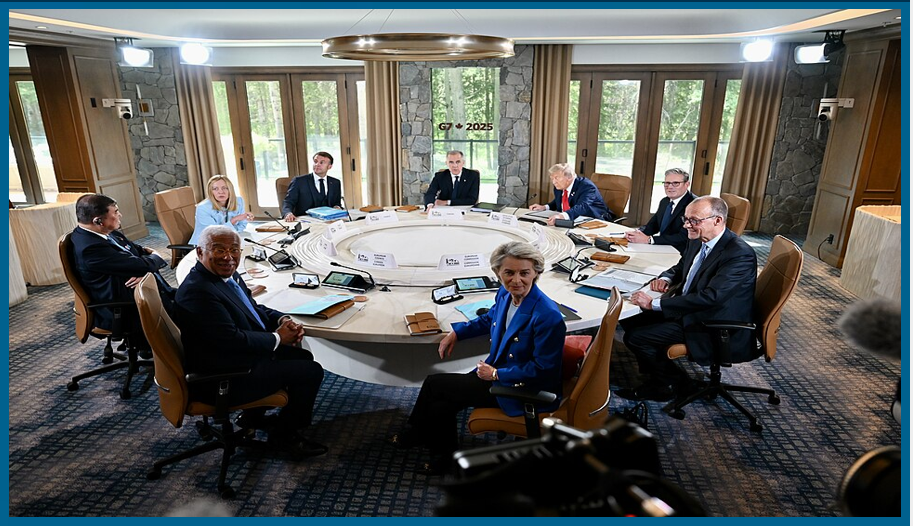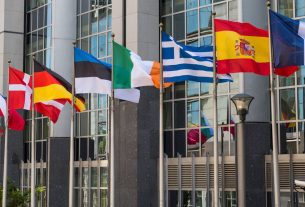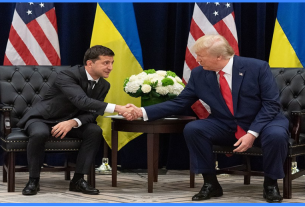Foreign ministers from the Group of Seven (G7) nations concluded two days of talks in Niagara-on-the-Lake, Ontario, reaffirming their commitment to Ukraine and condemning escalating violence in Sudan. The meeting, chaired by Canadian Foreign Minister Anita Anand, highlighted unity on urgent global crises while sidestepping disputes that risked dividing the bloc.
Ukraine’s Foreign Minister Andriy Sybiha joined the discussions, warning of a difficult winter ahead as Russian strikes continue to cripple energy infrastructure. The G7 pledged “unwavering support” for Kyiv’s sovereignty and explored measures to leverage frozen Russian assets to aid Ukraine’s defense.
On Sudan, ministers denounced the worsening conflict and called for humanitarian access, stressing the need for international cooperation to prevent further destabilization.
Notably absent from the final communiqué were references to recent U.S. military strikes in the Caribbean and ongoing trade tensions, issues that could have fractured consensus. Instead, the talks broadened to include energy security, maritime stability, and economic resilience, with participation from non-G7 partners such as Brazil, India, Saudi Arabia, South Africa, and South Korea.
The Niagara meeting underscored the G7’s strategy of projecting unity on pressing crises while tactically avoiding contentious disputes, reinforcing its role as a stabilizing force in global diplomacy.
G7 Summit Picture by Dati Bendo of The European Commission



